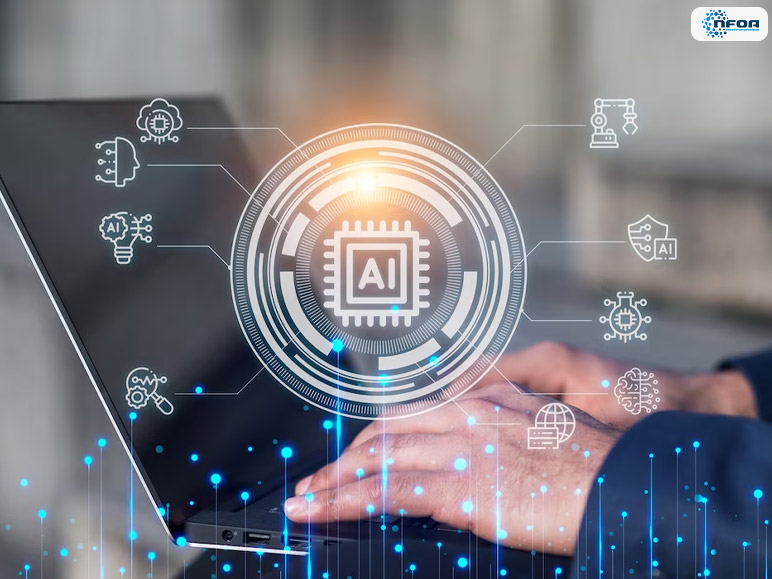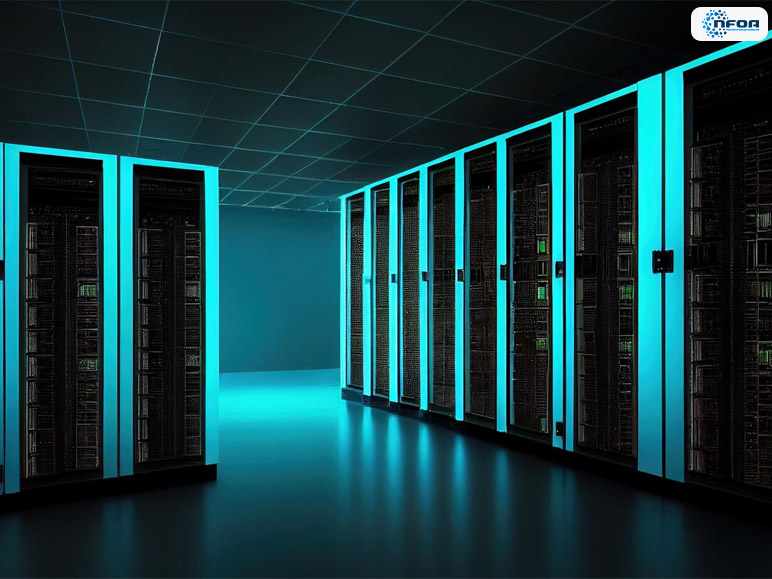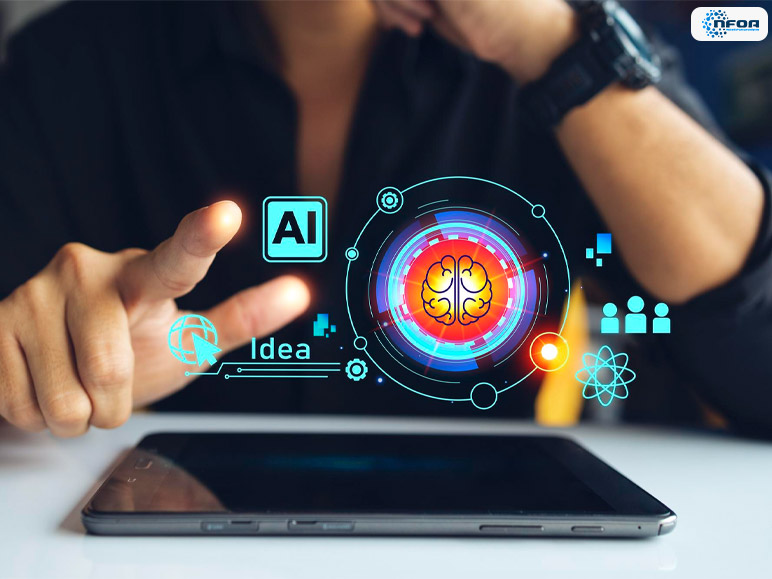| Q. How will quantum computing affect artificial intelligence applications?(a) Bias in Machine Learning is going to be eliminated(b) Algorithms of Machine Learning are going to become much more efficient(c) AI is going to instantly solve all optimization problems(d) AI will evolve to become more self-aware Ans: The correct answer to the question is option (d), “AI will evolve to become more self-aware” with the aid of Quantum Computing. |
Quantum computers are substantially much faster as compared to traditional computers when it comes to solving various complex problems. Moreover, they do not have restrictions as are faced by traditional computers, and this enables them to solve issues very quickly which are now absolutely intractable. Because of this ability, Quantum Computing is considered to be the ideal technology for driving AI.
Keep reading till the end of the article to find out more information about the same!
About Quantum Computing

Quantum Computing is a type of multidisciplinary field that makes use of quantum mechanics for solving more complex problems efficiently – much faster than classical computers are able to.
In other words, quantum mechanics is a rapidly emerging tech that uses laws of quantum mechanics to solve problems that are too complex for classical computers to compute.
Ways Quantum Computing Will Affect AI Applications

Quantum Computing has the potential to optimize AI and data science. This kind of optimization equips the various scientists with even more robust tools for fostering development in this field.
Here is a list of ways in which Quantum Computing affects Artificial Intelligence Applications:
1. Quantum Optimization Of Algorithms

Artificial Intelligence systems are frequently known to operate in a very wide space of search data, which oftentimes leads to slow decision-making. A great solution to this problem is provided by Quantum Algorithms.
Tip: If you missed out on my answer on “How will quantum computing affect artificial intelligence applications”, then you can go back to give it a read in the first section of the article!
2. Powering Up The Process Of Machine Learning

Apart from the mining of cryptocurrencies like BTC (Bitcoin) which is wholly based on the protocol of proof-of-work, which also requires solving a hash algorithm, and especially the deep neural networks, serves as the most energy-consuming operation that is performed by modern machines.
Quantum on the other hand has the ability to take far less time to solve more complex problems which aids the advancement of AI shortly.
3. Enhancement Of More Complicated Algorithms

Even though Quantum Computing is known to accelerate MLM’s (Machine Learning Model) performance, this technology also has the capacity to allow general optimization of any sort of complicated algorithms of Artificial Intelligence. This is of course a factor that tests its superiority over the classical computers that we generally use.
4. NLP’s Increased Accuracy

NLP which stands for Natural Language Processing is one of the most energy-consuming tasks that is performed by Artificial Intelligence Systems. There’s a requirement for fast analysis of massive amounts of data, which is where quantum computing comes off much aid – by increasing the accuracy of the results.
Quantum Computers Vs. Classical Computers

In general, Quantum computers vary a great deal from the classical computers, which are effectively the computers that we presently use. Here is a list of factors where their differences are most felt:
1. Error Correction

Quantum Computers are more susceptible to errors because of environmental interference, which is known as decoherence of quantum noise. The error correction techniques are particularly employed for mitigating errors and also at the same time preserving the integrity of different computations.
Classical computers on the other hand are known to deal with errors but they also rely on something known as “error correction codes” which are specifically designed for the classical bits.
2. Representation Of Data

Quantum computers make use of Quantum bits, which are also known as Qubits for data representation. These bits can represent 0,1 or even a superposition of both the states at the same time. This kind of superposition enables quantum computers to process various states and also perform various classical algorithms much more efficiently.
Classical Computers, on the other hand, make computations by using bits which can be either 0 or 1.
3. Methods Of Computation

Quantum computers make use of various quantum gates that are analogous to the classical gates but still operate on qubits and have the capacity to manipulate the quantum states.
Classical computers perform various computations by making use of algorithms that are based on various binary logic gates, like ‘OR’, ‘NOT’ & ‘AND’.
4. Data Processing

The Quantum computer processes data in QPUs or Quantum Processing Units, which are made up of several interconnected qubits.
Whereas data processing in conventional computers is performed by a CPU or Central Processing Unit. This unit also consists of a Logic and Arithmetic Unit, a control module, and processor registers.
5. Information Storage Unit

Qubits or Quantum bits are used for both storing and manipulating information. They also work by making use of the spin of an electron or even the polarization of a particular photon.
For Classical computers, the bit is the basic unit for storing information and manipulation. This is also based on charge or voltage. The lowest is 0 and the highest is 1.
To Wrap It Up!

As the mechanics of Quantum Computing are still being worked on, it is highly anticipated that even more applications are going to be found where Quantum outperforms more.
Thank you for reading up till here. I hope you found the information regarding “How will quantum computing affect artificial intelligence applications?” useful.
Must Read :
- What Is Character AI?
- What Is Dawn AI? How To Use?
- What Is Runway AI? How To Use?
- What Is Jasper AI? – Get To Know About How To Use It!
- How Artificial Intelligence Revolutionizes Bug Finding And Solving

